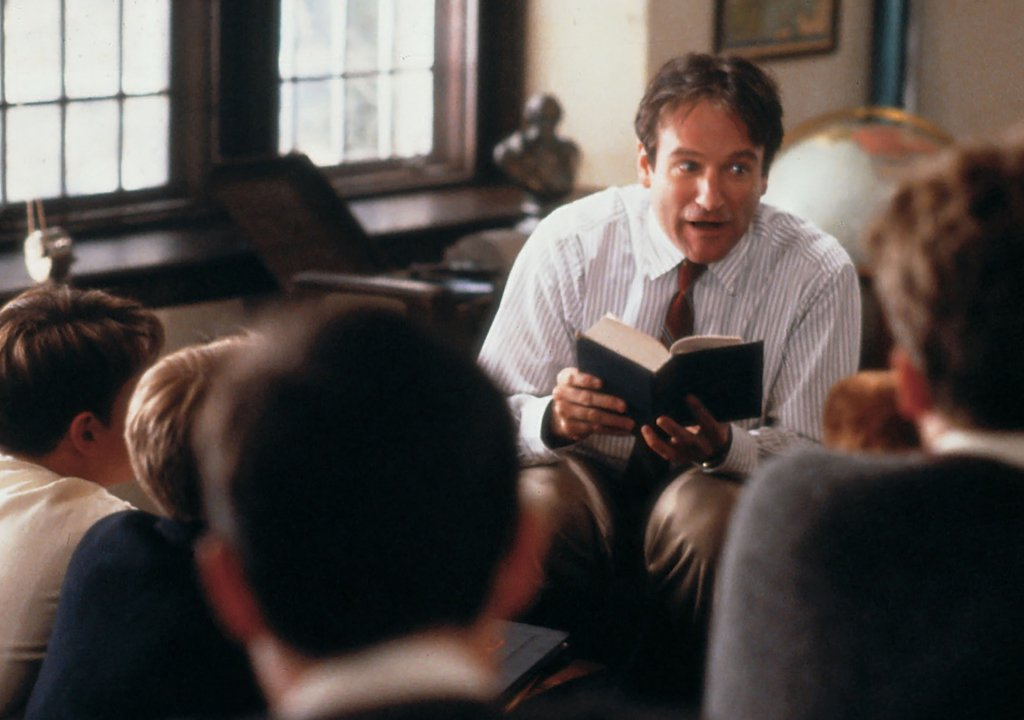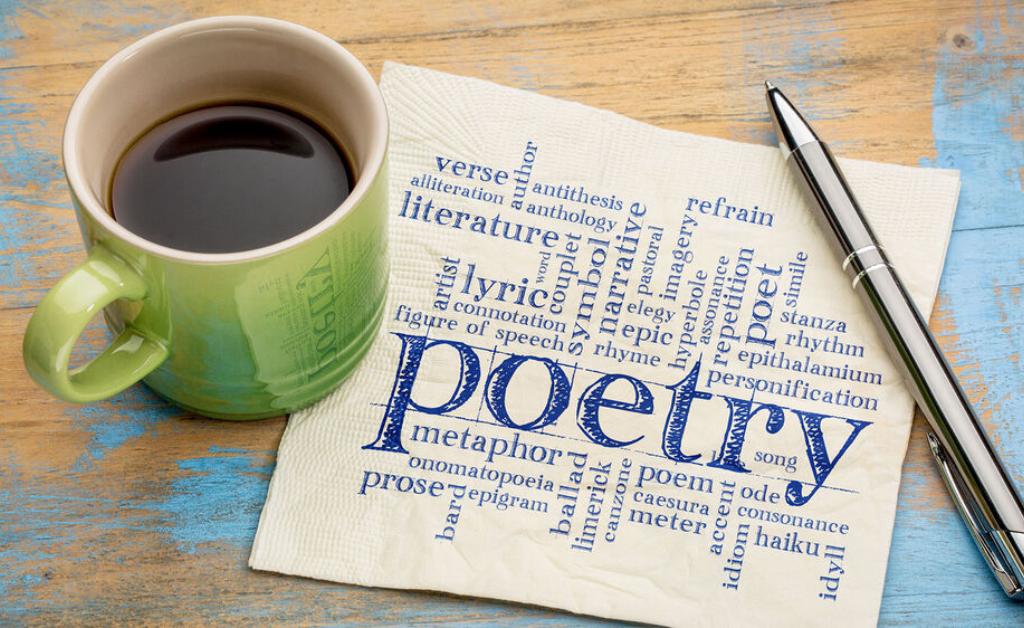Writing poetry is an art form that has been around for centuries. It offers the perfect medium to express emotions and messages in a beautiful, creative way. Crafting poetry relies on having the right combination of artistry, ability to craft language into something meaningful, and understanding how witty turns-of-phrase can be used as tools in order to add further beauty and meaning to your piece. Whether you are new to writing or experienced at it, here are some fundamental steps to take for crafting your masterpiece:
1. Get inspired!
Take ideas from books, movies, nature or people – anything that can bring out creativity within yourself. Additionally brainstorming with friends can also help spark ideas and allow multiple perspectives into the work.

2. Start with subject of your Poem
Determine the main idea that will serve as the foundation for your entire poem – this could be anything from love lost between two lovers; war among nations; social injustice; nature’s wonders — anything! Once you know what theme(s) your work will revolve around, brainstorm ideas related to it before beginning either free verse or rhymes within stanzas.
3. Choose your style of poem
Verse poems follow specific patterns while free verse allows more liberty when creating lines; whichever lends itself better to expressing themes intended should be selected as well as what deeper message you want to share through those words chosen!
4. Draft it down
This step will involve experimenting with different word combinations by constructing short phrases & long verses until complete satisfaction is achieved but don’t forget quality matters over quantity here so start drafting it on paper first before finalizing digitally with editors such as Grammarly for punctuation/grammar corrections etc…
5. Let others read & critique
Sharing thoughts whether good or bad helps shape up one’s skill depending upon how feedback received was taken in stride i.e constructively allowing further growth potential (and understanding reactions without being emotionally hindering). Plus criticism from knowledgeable persons always extends horizon sought out if objectively procured!
6. Final Touches
Finally paying attention to tiny things like tone endings where required pitch difference needs change between line 1& 2 which then reflects mood given its varied pronunciation styles although rhyme scheme can make this big difference too overall resulting piece becomes visually pleasing (& heard clearly ) since content’s value increases exponentially while appealing simultaneously satisfying audience most certainly
The Poetry Cosmos welcomes all people who want to learn more about literature, no matter their age, experience, or education. We believe in the innate creativity of all people by encouraging and fostering experimentation and innovation. We invite everyone who values arts and culture to explore the written word. Click here to join our community.

